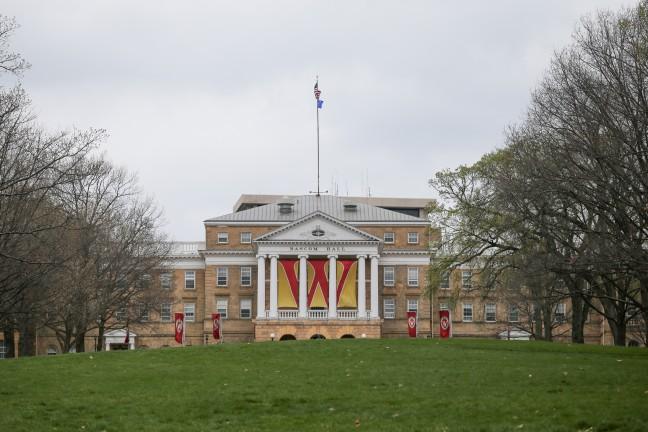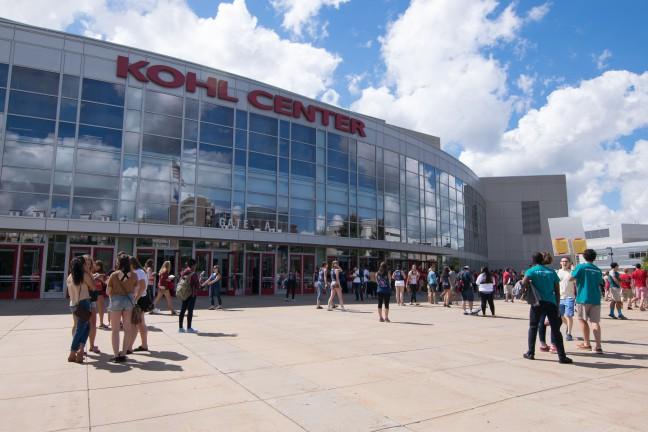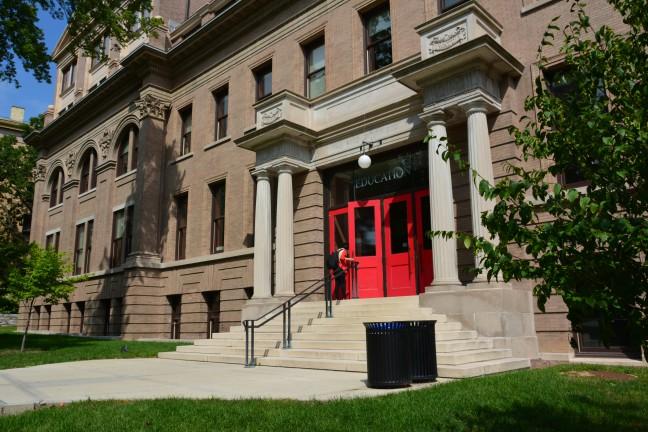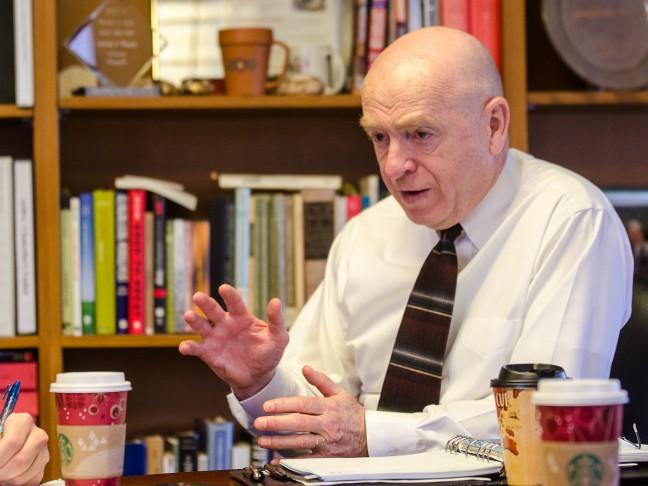The University of Wisconsin will be teaming up with three of the state’s largest engineering research schools to become the fourth member of an energy research powerhouse that will combine university research and businesses.
On Sept. 22, the Wisconsin Energy Research Consortium will hold its first annual symposium, marking the complete evolution of the Southeastern Wisconsin Energy Technology Research Consortium into WERC, according to a WERC statement.
The conversion involves the introduction of UW into an already existing consortium that consists of the Milwaukee School of Engineering, UW-Milwaukee, and Marquette University.
The consortium will also include technical colleges and a broad-base of businesses in Wisconsin.
UW engineering professor Thomas Jahns said the symposium to be held later this week will be a symbolic beginning of what will be a productive and symbiotic relationship between the four major engineering schools.
According to Jahns, the symposium will consist of researchers who are currently involved in SWETRC reporting the progress of their research.
UW researchers will not participate in the presentation, but they will have the chance to observe and receive information about research projects Milwaukee schools already have in progress and will continue with WERC.
“It is a coming-out event for the consortium’s new configuration,” Jahns said.
John Bobrowich, executive director of the consortium, said WERC is designed to advance energy, power and control research and industries in Wisconsin.
The consortium will focus on the goal of utilizing energy research done on all participating campuses in order to find new forms of alternative energy and the pragmatic applications of those alternative sources, Bobrowich said.
Bobrowich said WERC will lead to greater university energy research, help to develop a strong workforce and lead to cooperative and efficient relations between different universities as well as businesses.
“When universities understand the needs of industries, they can align their research with those needs,” Bobrowich said.
UW has also invited the Milwaukee schools to participate in research projects done in its Center for Renewable Resources, said Thomas Jahns, UW engineering professor.
Whereas WERC will focus on pre-competitive research, which does not target a specific product, CRES will focus on competitive research that will focus on product development, Jahns said.
“It’s very symbiotic,” Bobrowich said. “Both organizations will benefit from one another.”
WERC will encourage multi-university projects, allowing for complementary departments at different universities to coordinate their research and share their findings with one another, Jahns said.
Jahns said this cooperative relationship between universities will help to expand the base of expertise in different research labs and attract major research projects as well as corporate and federal aid.
With businesses and researchers working in close proximity, Bobrowich said the relationship will inevitably lead to job creation in Wisconsin and have a positive impact on Wisconsin’s economy.
Bobrowich said his hope for WERC is it will do for the alternative energy industry what Silicon Valley did for electronic technology.
















